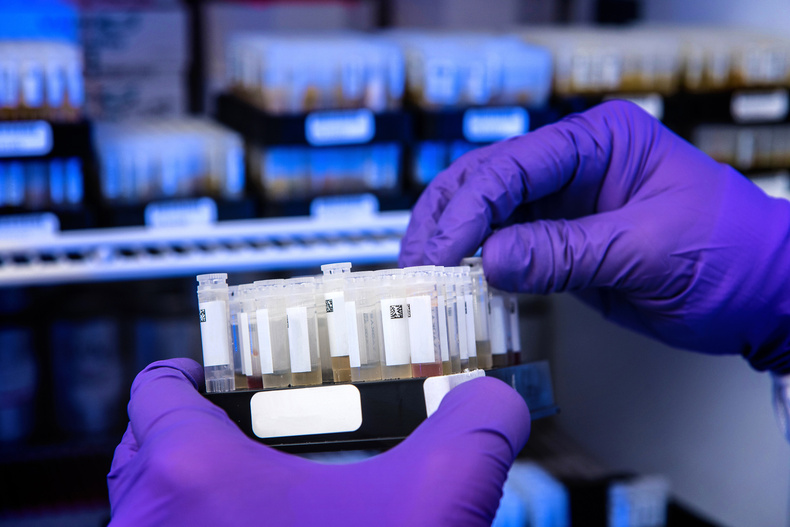Unlocking Assay Success: The Advantages of Using Assay Ready Cells

Written by Hailey Xie from CryoLogyx
In the world of scientific research, time is often of the essence. Researchers and scientists are continually seeking ways to streamline their experiments and obtain reliable results as quickly as possible.
Introducing assay ready cells - cryopreserved cells that are directly adhered to standardised format plates. They are stored at -80 °C and assay ready within 24 hours after thawing, which gives the best of both worlds - frozen cells that are bankable and easy to store, in the format needed for research.
Here are reasons why plated assay ready cells are of increasing importance nowadays:
1. They are time- and resource-effective
One of the most significant advantages of assay-ready cells is the time and resource savings they offer. Conventional cell culture involves the tedious process of maintaining cell lines, subculturing, and ensuring optimal growth conditions.
Assay ready cells are pre-cultured and quality-controlled, ready to use 24 hours after thawing, which eliminate the need for extensive cell culture management, saving valuable time and resources on more value-adding activities rather than cell preparation.
2. They keep consistency and reduce variability
Assay ready cells are precisely characterised and quality-controlled, ensuring a consistent and reproducible experimental setup. This consistency is critical for generating reliable data, reducing experimental variability, and allowing for accurate comparisons between different experiments or laboratories.
3. They increase data quality
The reliability of assay ready cells translates to improved data quality which is essential for making informed decisions in research and drug development. By using assay ready cells, you can have more confidence in the robustness of your experiments, increasing the likelihood of obtaining meaningful results.
4. They reduce the risk of contamination
Cell culture contamination is a persistent challenge that can compromise research outcomes. Assay ready cells which are stored in plates require minimal handling, reducing the risk of contamination. As a result, you can avoid the time-consuming and costly process of troubleshooting and decontaminating cell cultures.
5. They are more flexible to use
While assay-ready cells are convenient, they also offer flexibility - users can customize specific cell lines or genetic modifications for the cell plates to meet research objectives, making sure that they are compatible with assay formats. This combination of convenience and customization empowers you to get the cells tailored to your needs and ready to use 24 hours post-thaw.
Overall, assay ready cells can be easily incorporated into experiments, reducing the complexity of research processes. They have emerged as a transformative tool in scientific research, offering unparalleled convenience, consistency, and efficiency.
By eliminating many of the challenges associated with traditional cell culture, they enable users to dedicate more time to experimental design and data analysis.
